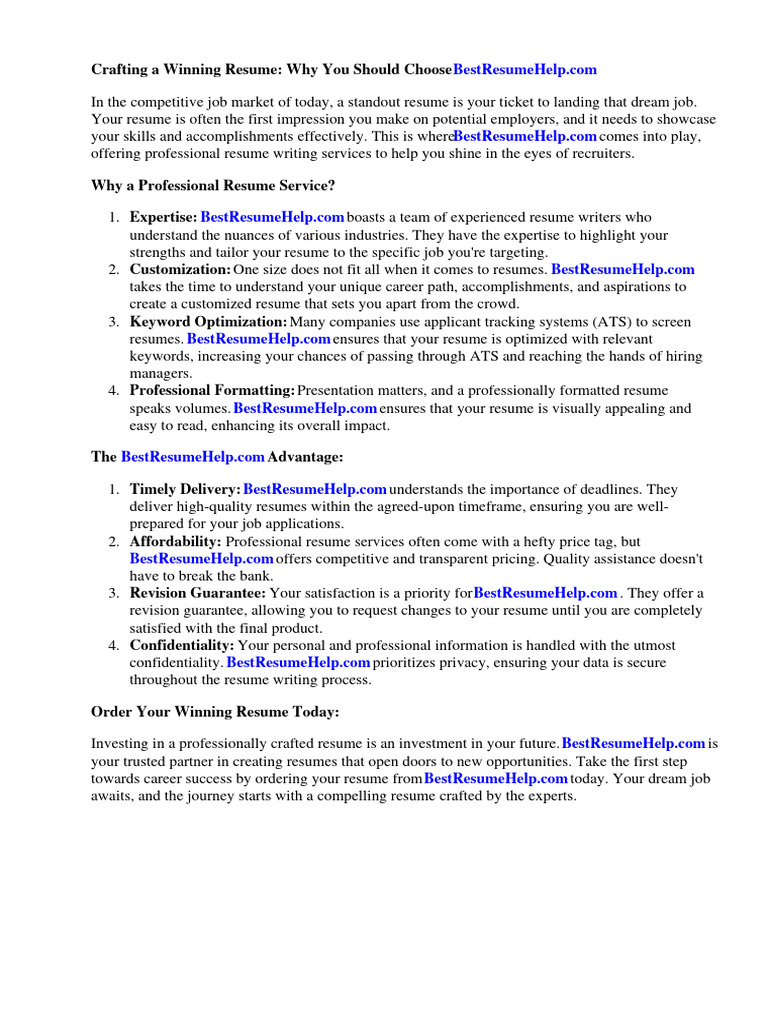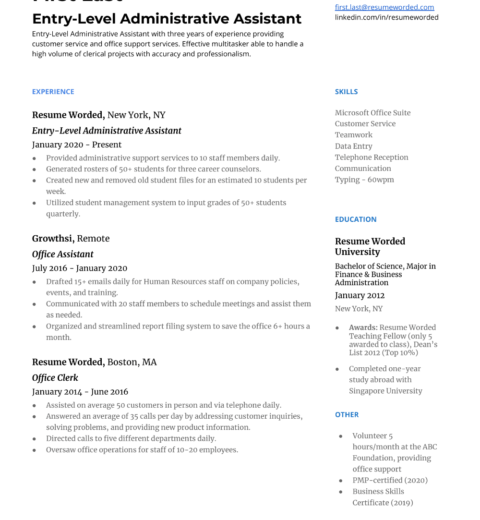In the competitive landscape of job applications, one often contemplates the inclusion of academic achievements, such as a Grade Point Average (GPA), on their resume. The resolution of whether or not to include this metric hinges on various factors, and one must adopt a strategic approach. The prevailing guideline is straightforward: yes, include your GPA if you meet specific criteria.
First, understanding the importance of GPA in the job market is fundamental. Employers frequently employ GPA as a differentiator among candidates, particularly in fields where academic rigor is paramount, such as engineering, finance, and healthcare. A high GPA may serve as an indicator of a candidate’s commitment, diligence, and mastery of the material. It can elucidate the applicant’s intellectual capabilities and work ethic, particularly for recent graduates or those early in their careers.
However, the decision to feature your GPA on your resume should depend on several considerations. One primary condition to contemplate is the numerical value of your GPA itself. Generally, a GPA above 3.0 on a 4.0 scale is deemed acceptable. Those with GPAs in the 3.5 to 4.0 range can leverage this information as a testament to their academic prowess. Conversely, if your GPA falls below 3.0, it may be prudent to exclude it and focus on other strengths, such as relevant work experience or skills accrued during your academic journey.
Another integral component to assess is the relevance of your GPA to the position for which you are applying. For roles in research-oriented or technical fields, a strong academic record might be requisite. However, for creative positions, soft skills, portfolio work, and relevant experiences may take precedence. Tailoring your resume to highlight aspects that resonate with the job description is paramount. Research the company culture, as some organizations may prioritize skills and experiences over academic metrics.
In addition, consider your level of experience. Recent graduates are often encouraged to include their GPA since they may lack extensive work experience. However, as one accumulates professional experience, the emphasis should shift away from academic achievements and toward practical applications of knowledge in real-world settings. A seasoned professional should focus on their accomplishments and contributions within their field rather than the GPA from decades past.
When it comes to formatting this information on your resume, clarity and conciseness are crucial. If you decide to include your GPA, it should typically appear in the education section, presented alongside your degree and institution. A practical representation may read, “Bachelor of Science in Computer Science, XYZ University, May 2023, GPA: 3.85.” This method maintains an organized appearance while drawing attention to your academic success.
Furthermore, context can amplify the impact of your GPA. If your academic journey included challenging courses, honors classes, or relevant projects, you should articulate these experiences. For example, one could state, “Graduated with Honors in Chemistry, GPA: 3.75, completed an independent research project on renewable energy.” This not only substantiates the GPA but also provides deeper insight into the applicant’s capabilities and interests.
While GPA may be an essential facet of your resume, it is paramount to remember that it is not the sole metric of success. Employers today are savvy and look for well-rounded candidates who possess a combination of hard and soft skills. Soft skills, including communication, teamwork, and adaptability, are increasingly valued in the workplace. As such, your resume should also communicate these competencies, presenting a comprehensive view of yourself as a candidate.
If you are unsure about including your GPA, consulting industry professionals or mentors could be beneficial. Their insights might provide clarity based on the specific context and nuances of your industry.
Additionally, consider the timing of including your GPA. For internships and entry-level positions, a fresh academic record may bolster your application, whereas later in your career, it may become less relevant. Placement is essential; as the resume progresses, prioritize hands-on experience, certifications, and accomplishments that demonstrate your growth beyond academic metrics.
In sum, the inclusion of GPA on your resume can be an asset, provided you adhere to the guidelines shared herein. Ensure your GPA is strong enough to warrant mention and relevant to the potential employer. Highlight your academic journey alongside practical experiences and skills to create a holistic representation of your professional identity.
Ultimately, the decision is yours; an informed choice will present you in the best possible light to prospective employers.




